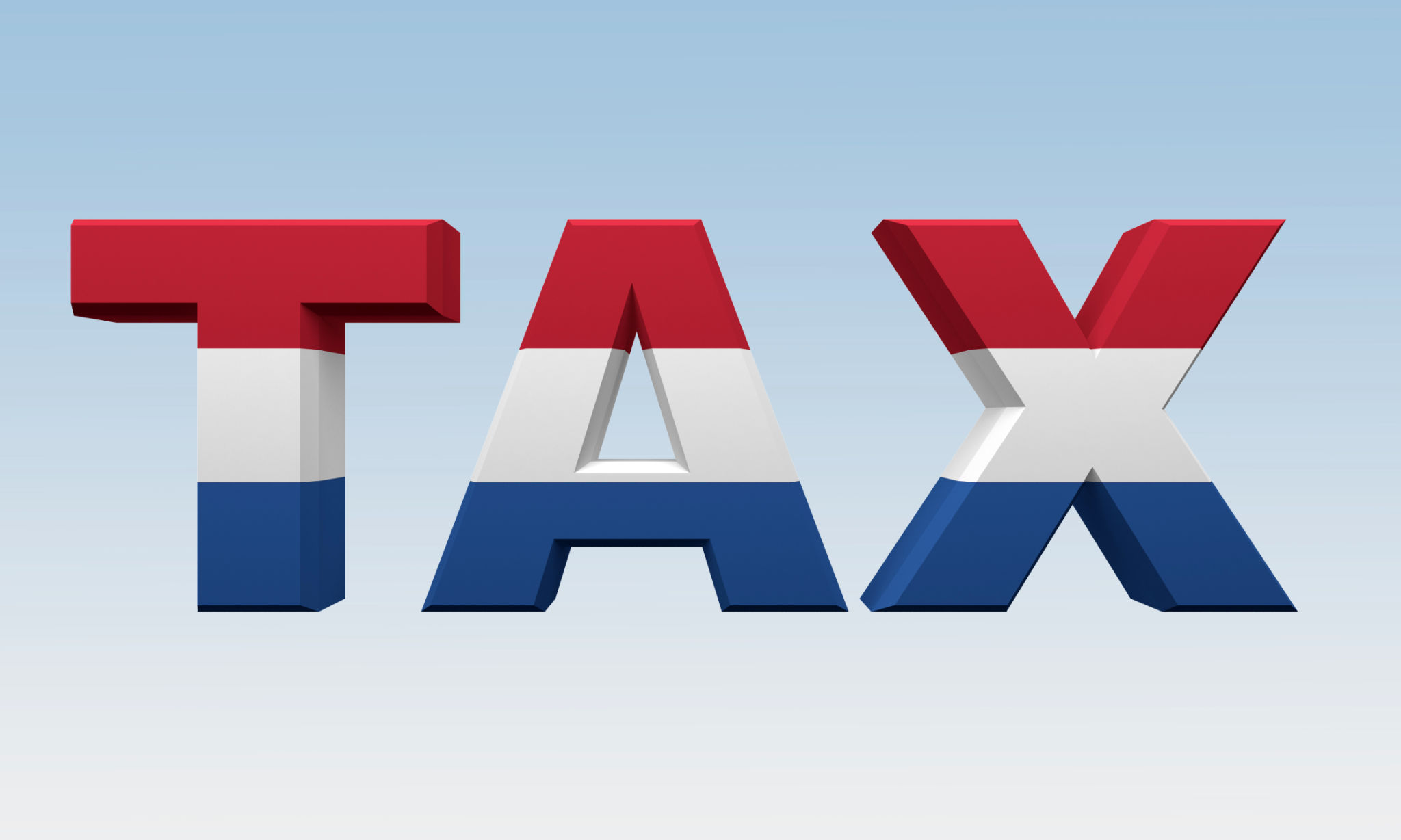Essential Legal Steps for Starting a Business in the Netherlands
Understanding the Business Landscape in the Netherlands
The Netherlands is known for its business-friendly environment, making it an attractive destination for entrepreneurs looking to establish a new venture. However, navigating the legal requirements is essential for ensuring a smooth launch. Understanding the business landscape and regulatory requirements is the first step in setting up a successful business.
The Netherlands offers several business structures, including sole proprietorships, partnerships, and limited liability companies. Choosing the right structure depends on factors such as the size of your business, liability considerations, and tax implications. Conducting thorough research or consulting with a legal expert can provide valuable insights into which structure best suits your needs.

Registering Your Business
Before you can start operating, you must register your business with the Dutch Chamber of Commerce (KVK). This is a critical step as it provides you with a unique registration number (KVK number) that identifies your business legally. Registration is straightforward but requires detailed information about your business activities and structure.
Once registered, your business details are automatically shared with the Dutch Tax and Customs Administration, ensuring compliance with tax obligations. It is important to maintain accurate records and stay informed about any changes in registration requirements to avoid potential legal issues.
Understanding Tax Obligations
Tax compliance is a major aspect of running a business in the Netherlands. Depending on your business structure, you may be liable for various taxes such as corporate income tax, value-added tax (VAT), and payroll taxes. Understanding these obligations is crucial for financial planning and avoiding penalties.
Many businesses engage tax advisors to ensure they are meeting their tax obligations efficiently. Additionally, staying updated on tax laws and regulations can help you take advantage of potential benefits or incentives available to businesses in the Netherlands.

Securing Necessary Permits and Licenses
Some businesses may require specific permits or licenses to operate legally in the Netherlands. The type of permit needed depends on the nature of your business activities. For example, businesses involved in food services, healthcare, or construction may have additional regulatory requirements.
It's essential to identify any permits or licenses needed before commencing operations. Failing to secure the necessary approvals can result in fines or even closure of your business. Researching industry-specific regulations or consulting with legal experts can help ensure compliance.
Addressing Employment Laws
If you plan to hire employees, understanding Dutch employment laws is crucial. These laws cover areas such as employment contracts, working hours, minimum wage, and employee benefits. Adhering to these regulations helps build a positive workplace environment and prevents legal disputes.
Additionally, businesses must register with the Dutch social security authorities to manage employee contributions. Keeping abreast of changes in employment laws is important for maintaining legal compliance and protecting both employer and employee rights.

Protecting Intellectual Property
Intellectual property (IP) protection is vital for safeguarding your business's unique assets and ideas. In the Netherlands, registering trademarks, patents, or designs can prevent unauthorized use by competitors and enhance brand value.
The Dutch Patent Office provides resources and guidance on IP registration procedures. Consulting with an IP attorney can further ensure that your intellectual property rights are thoroughly protected, allowing you to focus on growing your business.
Ensuring Data Protection Compliance
With stringent data protection laws such as the General Data Protection Regulation (GDPR), it's essential for businesses to handle personal data responsibly. Compliance involves implementing robust data protection measures and ensuring transparency in how data is collected, used, and stored.
Failure to comply with data protection regulations can lead to hefty fines and damage to your business reputation. Establishing a comprehensive data protection policy and providing employee training can help mitigate risks associated with data breaches.

Seeking Professional Advice
Navigating the legal landscape when starting a business in the Netherlands can be complex. Engaging with legal professionals, accountants, or business consultants can provide invaluable support throughout this process. They can offer tailored advice that aligns with your business goals and ensures compliance with all legal requirements.
While setting up a business involves numerous legal steps, thorough preparation and understanding of the Dutch regulatory environment can pave the way for success. By taking proactive measures, you can focus on building a prosperous business that thrives in the Dutch market.
